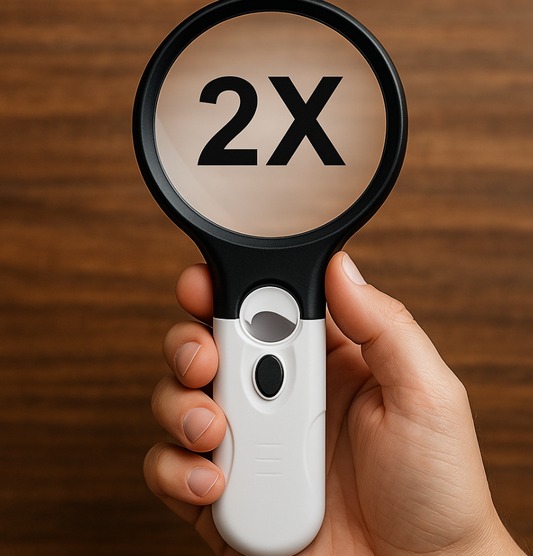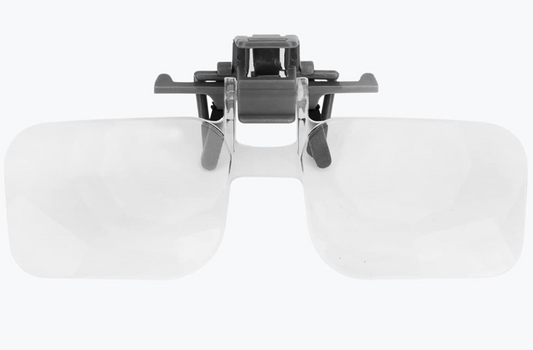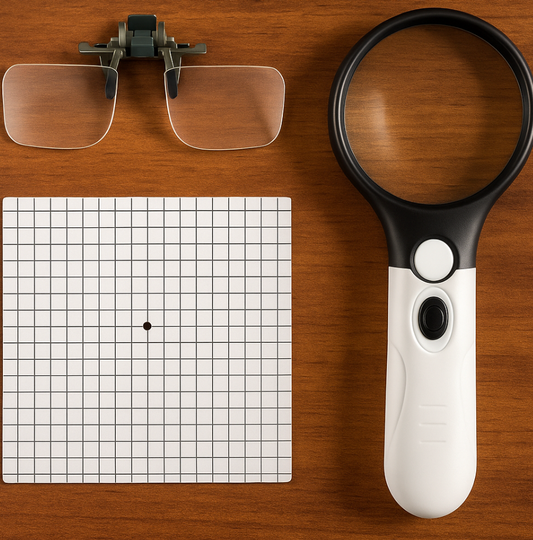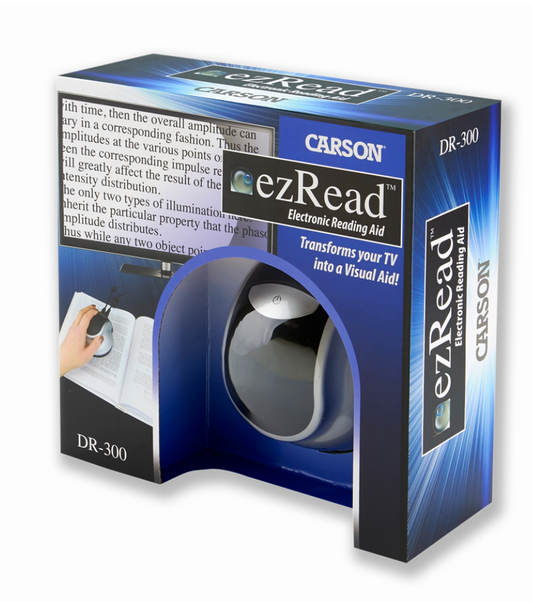Cataract Surgery: Lens Options Explained
Share
Cataract Lens Options: What Patients Should Know Before Choosing
When it’s time for cataract surgery, you’re not just getting a cloudy lens removed—you’re also choosing what kind of artificial lens (IOL) will replace it. This choice can impact how well you see afterward, how often you need glasses, and how comfortable your vision feels every day.
While it’s great to be informed, always take the advice of your optometrist or ophthalmologist. They know your eyes best and will recommend the lens type that’s safest and most effective for your needs.
Standard Monofocal IOL
What it is:
A single-focus lens, usually set for distance vision.
Things to consider:
- Excellent clarity for one set distance
- Glasses needed for near work like reading
- Often covered by insurance or provincial health plans in Canada
Toric IOL (for Astigmatism)
What it is:
Corrects both cataracts and astigmatism.
Things to consider:
- Reduces or eliminates the need for astigmatism correction in glasses
- Usually set for one main focus point (distance or near)
- May have an additional cost
Multifocal IOL
What it is:
Provides both near and distance vision by splitting focus.
Things to consider:
- Can reduce or eliminate the need for glasses
- Some notice halos or glare around lights, especially at night
- Typically an extra cost option
- Patients may still need magnification or readers for fine print
How to Choose the Right Lens
Your choice should reflect:
- Lifestyle needs: Reading, night driving, sports, computer use
- Eye health: Other conditions like macular degeneration may limit lens benefits
- Vision goals: Reducing glasses use vs. maximizing clarity at a single distance
- Most patients choose the standard or toric lens in order to get the best distance vision possible and choose to use readers for near tasks.
Learn More!
- 📹 Watch: Cataract Lens Options Explained
- 📄 Read: What to Expect from Cataract Surgery — your complete guide to the surgery process
As always, what is best for YOU should come from discussion between you and your eyecare professionals. This is a guide to help you ask the questions that matter.



